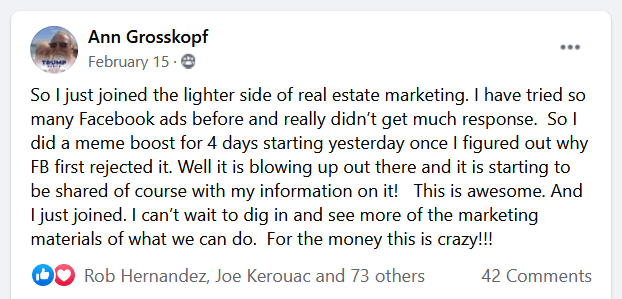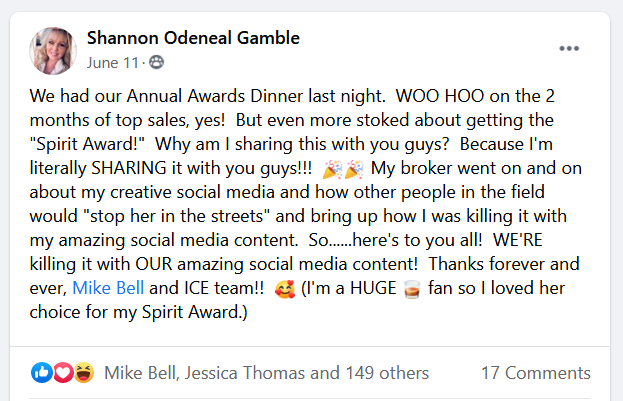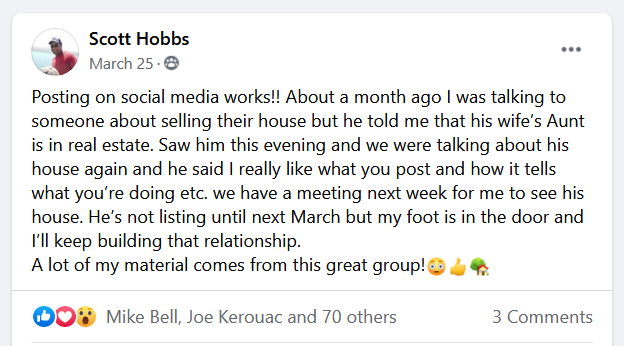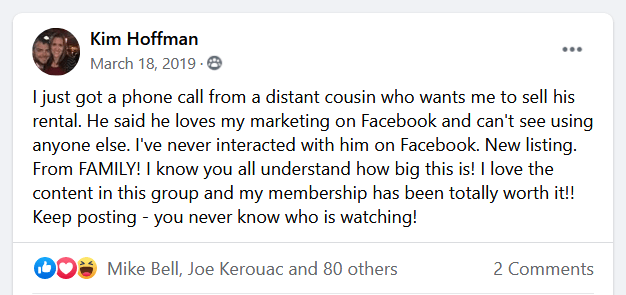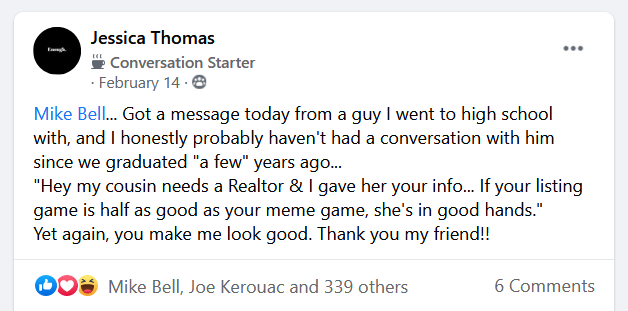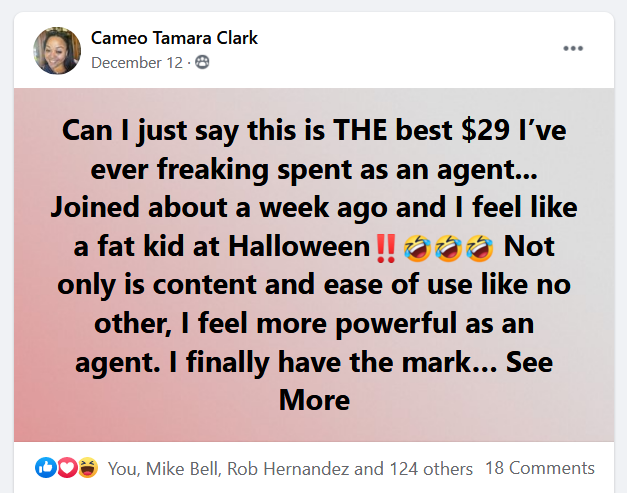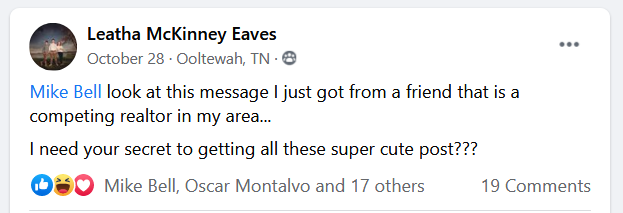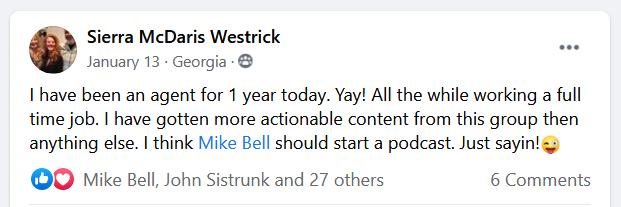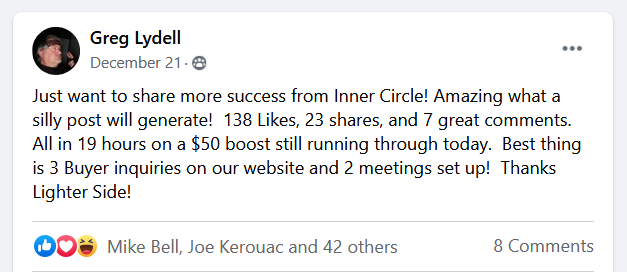
7 Real Estate Photo Tricks That Aren’t Fooling Anyone
In the world of real estate, first impressions don’t happen at the front door—they happen on a screen. Before buyers ever set foot on the


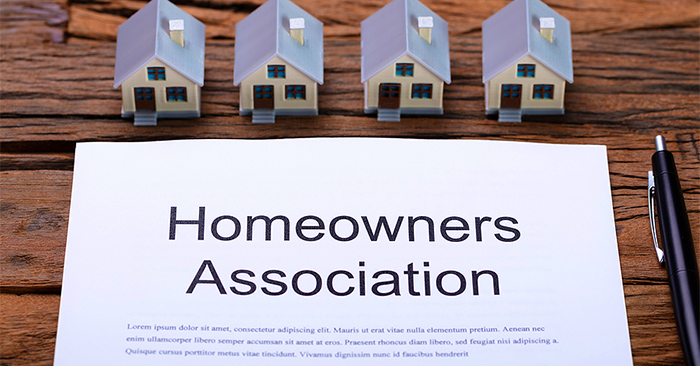
Homebuyers often have mixed feelings about homeowner associations (HOAs)…
On one hand, they can add value to your investment by maintaining neighborhood standards and offering amenities like pools or parks.
On the other hand, they come with monthly fees (which can be steep) and rules and regulations that can make buyers feel stifled.
So if you’re in the market to buy a home, it’s understandable if you’re wondering if the benefits truly outweigh the costs, or if life in an HOA might feel a little too… controlled.
However, whether you’re for them or against them, there’s an increasing chance you might fall in love with the perfect house, and it happens to be a part of an HOA.
According to a recent CNBC article, the number of HOAs has skyrocketed in recent decades. In 1970, there were only about 10,000 community associations with about 2.1 million residents nationwide. Today, HOAs are now managing about 30% of all U.S. housing stock, representing 75.5 million residents.
Between 2009 and 2023, the percentage of homes built within an HOA went from 49% to 65% of single-family homes.
With so many homes being built within HOA communities, avoiding them is becoming increasingly difficult. Even more so if you’re in certain areas like Florida, which tops the charts with more than 4 million homes in HOAs housing 66.86% of the population!
While some buyers may prefer the freedom of non-HOA neighborhoods, there are certainly buyers who are drawn to the amenities, uniformity, and community aspects these associations provide.
So if you’re in the market for a home, you should probably give some thought to your feelings about them.
If you’re not entirely thrilled with the idea of living in an HOA, you’re not alone!
According to a recent study by Frontdoor, 70% of homeowners said they would prefer not to live in a home that is part of an HOA, and 63% said they wouldn’t even recommend buying a home in one.
That said, around 60% of the respondents said they were satisfied with their HOA.
Obviously there are some strong opinions for and against HOAs, but your opinion is the only one that truly matters when buying a home, so let’s take a look at some of the pros and cons to help you figure out which way you lean:
After considering all of the pros and cons, here are some tips to ensure you’re ready for life in a managed community if you find yourself open to buying a home in an HOA:
As you can see, homeowner associations aren’t entirely good or bad; they simply cater to specific needs and preferences. By understanding the pros and cons and evaluating your priorities, you can make an informed decision. And if you’re still unsure, your real estate agent can be a valuable resource to help you figure out if HOA living is right for you.
The Takeaway:
Whether buying a home within an HOA is right for you depends on your personal preferences and lifestyle. If you value amenities, uniform aesthetics, and community engagement, HOAs could be a great fit. But, if you prefer the freedom to live your own way— and want to avoid additional fees or restrictions—they may not align with your priorities.

(Shh, our secret)
Show your sphere your an expert. We have over 2100 articles covering every real estate topic your audience will love.
Position yourself as a real estate authority!
Real estate + topical events — the perfect match!
Become the bearer of good vibes!
Because hey, everyone loves to laugh!



Get our weekly email that makes communicating with your sphere on social actually enjoyable. Stay informed and entertained, for free.

In the world of real estate, first impressions don’t happen at the front door—they happen on a screen. Before buyers ever set foot on the
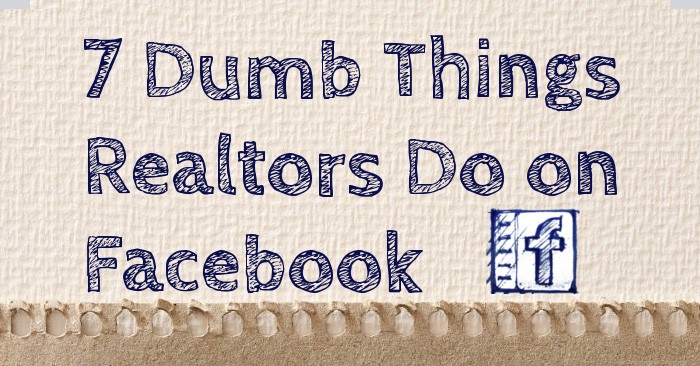
1. Spamming your listings with no commentary Posting a link or sharing something on Facebook without your opinion is boring. Your friends want to know

FACT: Your ability to attract clients has less to do with your “credentials”… and everything to do with how people feel about you. As a

Real estate agents need help with social media. I know, because I used to be one who needed it. I’m Mike Bell. If you’re not
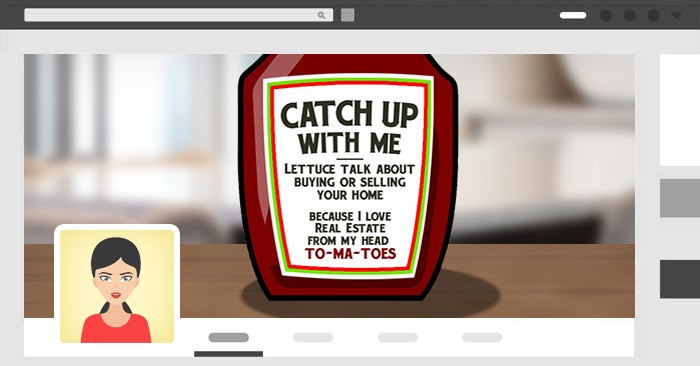
In this spirit of transparency, we admit we’re totally biased when we say “the most clever.” Why’s that? Because we created them. At any rate,
Depending on your situation, it may not take the full 30 minutes.

This reset password link has expired. Check the latest email sent to you.

